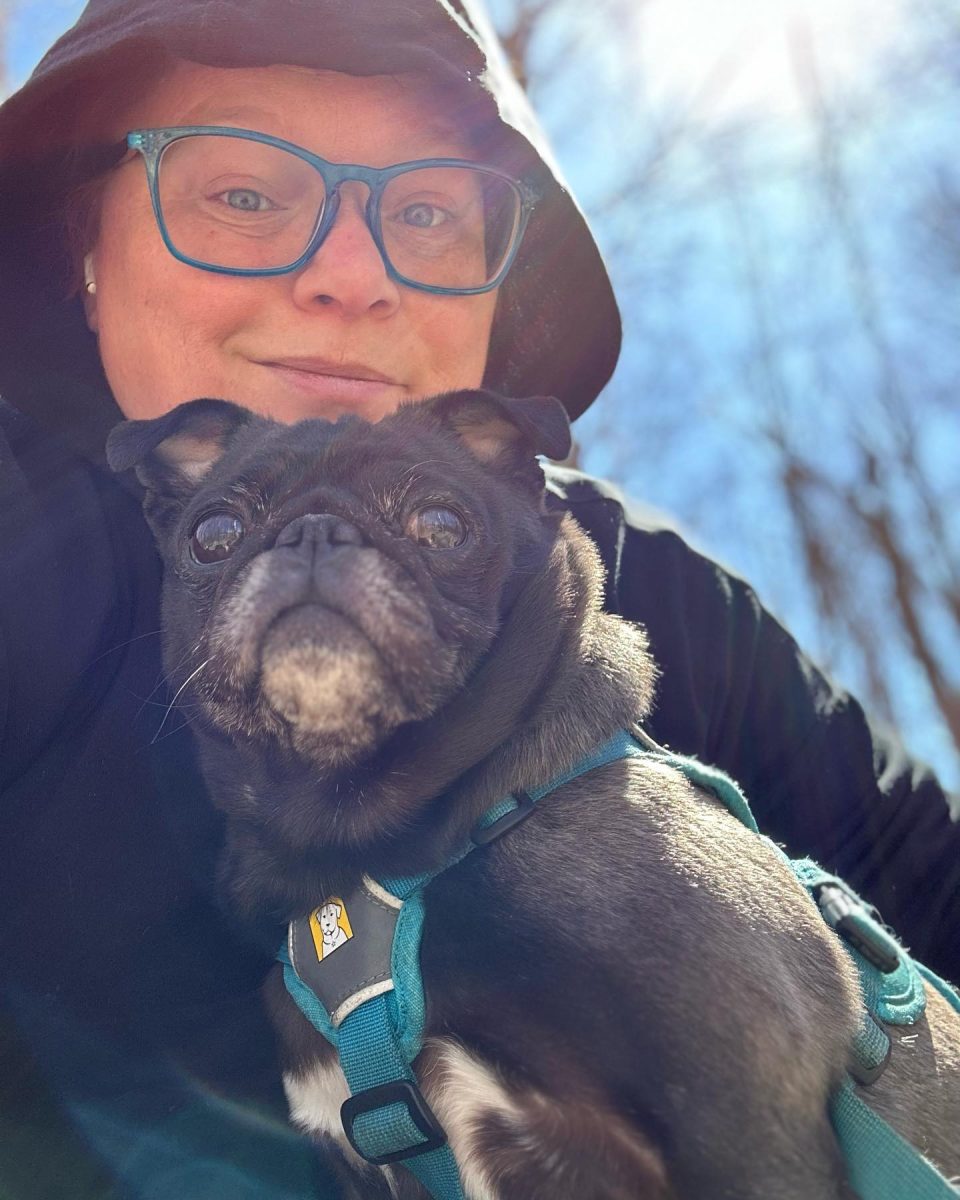“Take everything out of your pockets and hold your hands in the air.”
It doesn’t sound like the start of a promising night for concertgoers heading into the 1st Bank Arena outside Denver, Colorado, but another look around yields a surprising discovery. Most people carry keys and wallets in their pockets, but accompanying about two-thirds of the cell phones being thrust in the air were these silver and clear sealed bags.
The crowd (reminiscent of a pack of Chewbaccas) emanated a kind of “patchouli-soaked armpit” scent, but in spite of their concerted efforts, there was an even stronger smell permeating through the air: marijuana.
This was the result of a recent constitutional amendment passed by the Colorado Legislature. In the November 2012 elections, the legislature passed Amendment 64 effectively legalizing the possession and use of marijuana in the state.
The day of the show, a couple twenty-somethings pulled on a pipe outside Illuzion Glass, one of Denver’s largest glass shops, smiling as the smoke curled up into the air. One was slender with greasy hair the color of wet sand, the other more portly with curly brown hair and a couple days worth of stubble. They both wore backwards caps adorned with various pins showcasing their musical interests.
“Pretty sweet we can just be out here like this,” Josh, the slender one said. “No one’s given us dirty looks or even said anything, it’s great,” he continued, and although they may have been alright that time, Josh’s indulgence was technically illegal.
There are in fact stipulations in the amendment regarding what kind of use and possession is now allowed. Possession is limited to only one ounce per adult, twenty-one or older. Smoking in public is not allowed, and building owners are able to ban marijuana use if they wish.
“Let’s head in and check it out,” Brian, Josh’s rotund friend, said. The somewhat drab, rundown exterior was nothing like the shiny hardwood floors and gleaming glass cases on the inside. After a couple laps around the place, Brian and Josh looked happier than Eddie Money working in a travel agency.
Brian stopped, not at the glass recreation of a wooden ship or the three glass anglerfish, but at the case full of clear tubes less than a foot tall. He started chatting with one of the girls behind the counter named Amanda. Brian was looking at a couple different pieces and after a few minutes crept by, Amanda threw out a price for a clear tube about eight inches tall: $1,350.
It was an easy sale at a high price, but according to Amanda that hasn’t been uncommon in recent months.
“We’ve definitely been doing well since 64 was passed,” she said. “Besides having generally more customers we’ve noticed a lot of an older crowd coming in. Not everyone comes in buying, but they at least seem more comfortable with stopping in and asking questions.”
It’s still too early to tell what kind of economic impact the new legislation has had, but that’s partly because regulations have not yet been established regarding the production and sale of marijuana. The amendment dictates that the Department of Revenue does so by July 1, 2013. Colorado Governor John Hickenlooper put together an implementation task force to look into the matter, which concluded on February 28.
Despite the commission’s urges, the aim of the amendment wasn’t to generate revenue for the state. Josh and Brian’s aging, dreadlocked cab driver informed them that the intention of the amendment wasn’t to generate revenue, but to make it more difficult for teens to access marijuana and to keep money out of the hands of drug dealers. Again it’s still too early to tell if the amendment has been effective in this regard, but for now the focus is on implementing a regulated system.
The Colorado Center on Law and Policy put together a 13-page analysis of what the possible economic results of implementing the amendment could be. It asserts that there will be “$12 million in instant savings for the year following legalization because of reduced criminal costs…annual savings will rise toward the long run savings level of $40 million.”
The report goes on to detail a possible $24 million generated from excise taxes on wholesale purchases, $8.7 million in state sales tax revenue and $14.5 million in local tax revenue. There’s a potential for jobs and other savings as the market grows.
One of the strongest recommendations to come out of the implementation task force was not to limit that market to Colorado residents and to allow out-of-state marijuana tourism, but this doesn’t coincide with the views of Denver’s tourism agency, Visit Denver.
Prior to the vote the president of Visit Denver, Richard Scharf, said in a press release, “If Colorado receives international media attention as the first state in the US to legalize marijuana in their Constitution, Colorado’s brand will be damaged.”
Visit Denver features the Sheraton Downtown as one of its recommended hotels. Perched immediately across from the World Trade Center, its domed façade gives way to a glass Jenga tower reaching towards the sky. Inside the lobby, the polished marble floors and lavishly upholstered leather chairs lead you right to the Visit Denver tourism desk.
The associate behind the desk said, “as long as marijuana is banned on the federal level, we’re required to inform tourists that they have to adhere to these federal laws, regardless of what the state has implemented.”
Across the lobby, two University of Colorado students, Kady and Lizzy, were at the bar discussing some of the changes since Amendment 64 was passed. Kady said she hadn’t really noticed much difference at all since Amendment 64. “I voted yes on it, but I don’t really smoke that often,” she said.
“Yeah I was pretty young, but I remember seeing a lot more changes after they passed the medical marijuana thing than what we’ve seen now,” Lizzy said. Kady went on to say that her younger brother who’s an avid smoker wasn’t so keen on the new law. “He said that it doesn’t really make a difference for him because he’s not 21,” she said, “if he gets caught he still gets fined and has to do some sort of counseling.”
An elder bar patron a few stools down voiced his appreciation for the new law, but said he was disappointed with the lack of action calling it an “anticlimactic lull.”
Back at the 1st Bank Arena not even a whisper could be heard mirroring this sentiment. Security guards ushered in dreadlocked wookie after dreadlocked wookie, each one proudly holding up his legal bag of weed.
Inside the venue, row after row was crowded with a surprising number of seated individuals.
A few paces up and down the back rows found Josh and Brian sat at the edge of General Admission Seating. Like the others seated in the crowd, Josh’s lap had been turned into a joint rolling factory. He gave the paper a soft lick and twisted the end just as Furthur took the stage.
Brian’s face lit up with the spark of the joint as the former members of the Grateful Dead dove right into their song “Hell in a Bucket,” and the pair’s anxieties fell away like the burning ash.






